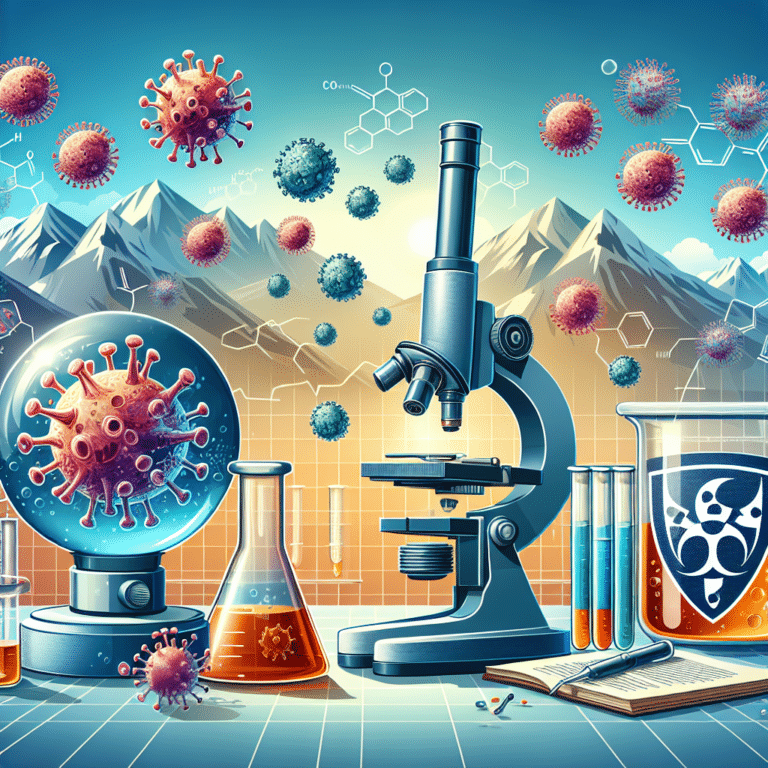- Endogenous retroviruses, once considered inert DNA fragments, can play a critical role in cancer survival and treatment effectiveness when reactivated.
- These ancient viruses make up about 8% of the human genome and have influenced evolution by shaping gene expression and contributing to the development of the placenta and immune response.
- A specific lineage of endogenous retrovirus, LTR10, that infected primates millions of years ago, is highly active in various types of cancer, including lung and colon cancer.
- Silence of this retrovirus in cancer cells has been found to turn off key genes promoting cancer development and growth, leading to more effective tumor treatments.
- Existing cancer therapies that target certain cellular pathways may work by disabling the switches turned on by these ancient viruses, potentially opening new avenues for personalized medicine.
Source link
Oncology, Infectious Diseases, Pathology & Lab Medicine


